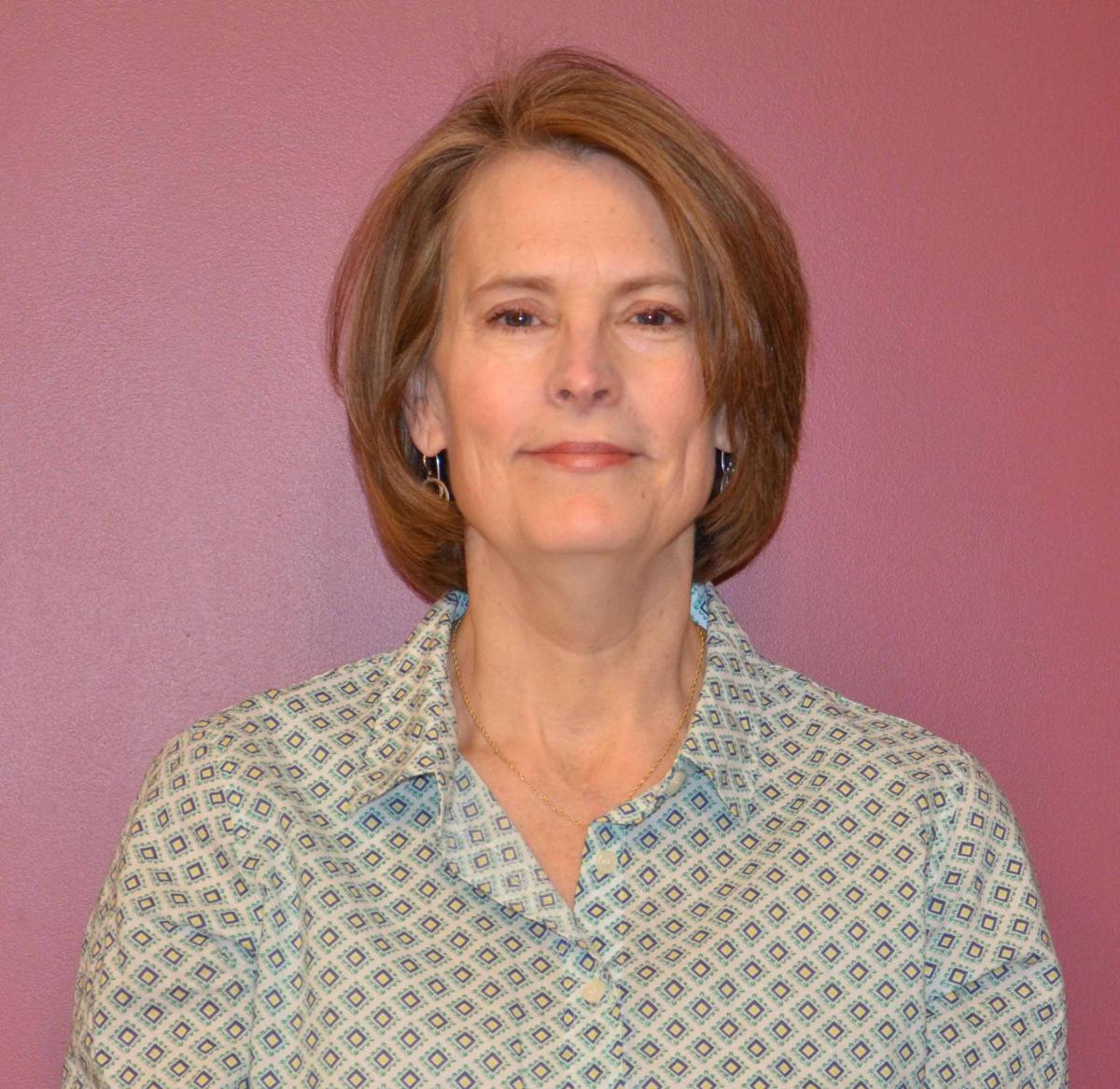Researchers Hope to Make Lung Cancer Screening a ‘Teachable Moment’

Posted in GUMC Stories
 APRIL 10, 2014 — A Georgetown University Medical Center researcher is launching a study she hopes will provide an opportunity for health care providers to connect with long-term smokers by pairing smoking cessation counseling with lung cancer screening.
APRIL 10, 2014 — A Georgetown University Medical Center researcher is launching a study she hopes will provide an opportunity for health care providers to connect with long-term smokers by pairing smoking cessation counseling with lung cancer screening.
Kathryn Taylor, PhD, a behavioral scientist and professor of oncology at Georgetown Lombardi Comprehensive Cancer Center, has received a two-year grant from the Prevent Cancer Foundation to lead the study, which will develop and pilot test a telephone counseling smoking cessation intervention for smokers. The results can be useful in future lung screening programs.
About 100 participants, ages 55 to 80, will be enrolled. Researchers will draw from people who sign up for lung cancer screenings at MedStar Georgetown University Hospital, the Lahey Hospital & Medical Center in Burlington, Mass., and Hackensack University Medical Center in Hackensack, N.J., says Taylor.
“If you’re coming in for a screening and are a current smoker, then you’re eligible to participate in the smoking cessation trial,” says Taylor.
The trial’s long-term goals are to evaluate the telephone counseling intervention in a multi-site intervention trial and disseminate it for use by other lung screening programs.
Taylor’s co-investigators include Eric Anderson, MD, associate professor in the department of medicine who heads the GUMC lung cancer screening program; Cassandra Stanton, PhD, assistant professor in the department of oncology; Jenna Kramer, a nurse practitioner who manages the screening program on a day to day basis; and David Abrams, PhD, executive director of the Schroeder Institute for Tobacco Research and Policy Studies and adjunct professor in the department of oncology.
Catherine Tomko, a trained smoking cessation counselor, will conduct the telephone counseling sessions. Depending on the participants’ preferences and needs, between three and six sessions will be scheduled throughout the course of the study.
“We are interested in people’s smoking history, what their current smoking status is, how much they’re smoking and what their interest is in quitting,” says Taylor.
Teachable Moment
Individuals can participate in the trial whether or not they want to quit smoking.
“We consider the lung cancer screening a teachable moment, as people may be more ready to consider quitting after undergoing screening, particularly when they have received any sort of abnormal result,” says Taylor.
Enrolling people who are not ready to quit offers Taylor and her team the opportunity to tell them about available resources should they decide to quit at a future point, she added.
“Being able to join disease prevention [smoking cessation] with early detection in a medical setting that has relevance for a substantial proportion of current smokers is something I think is really exciting,” says Taylor. “It suggests that even a small increase in cessation has the potential for a very large public health benefit.”
The United States Preventive Services Task Force recommends CT screening for high risk individuals, which includes long-term current and former smokers ages 55 to 80. It is estimated that 8 million people in the US meet these high-risk criteria and that lung screening could prevent 12,000 deaths annually.
Georgetown Lombardi Comprehensive Cancer Center was one of 33 centers in the country to take part in the National Lung Screening Trial, a major screening study that enrolled more than 53,000 current and former heavy smokers ages 55 to 74. The study compared the effects of two screening procedures for lung cancer: low-dose CT and standard chest X-ray, and found that lung cancer mortality was reduced by 20 percent with CT scan compared to a standard chest X-ray.
To find out if you are eligible to undergo lung cancer screening, please call Jenna Kramer, NP, at 202-444-2132.
By Sarah Reik
GUMC Communications
